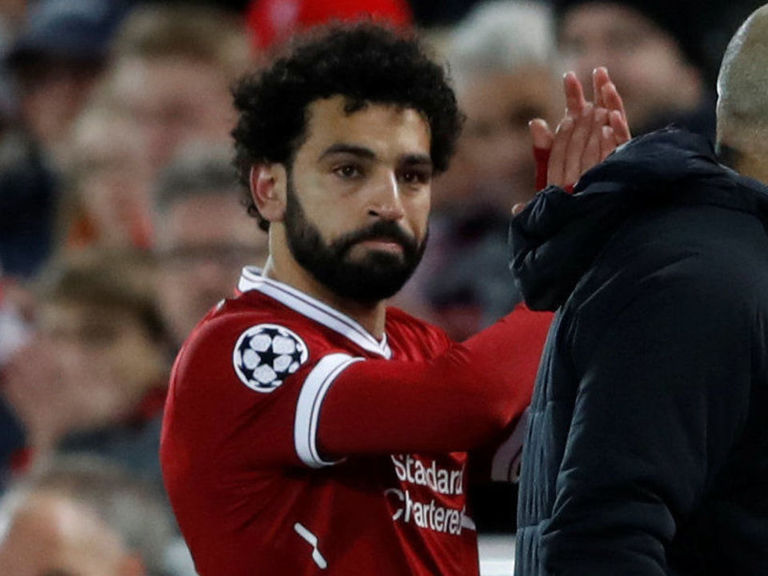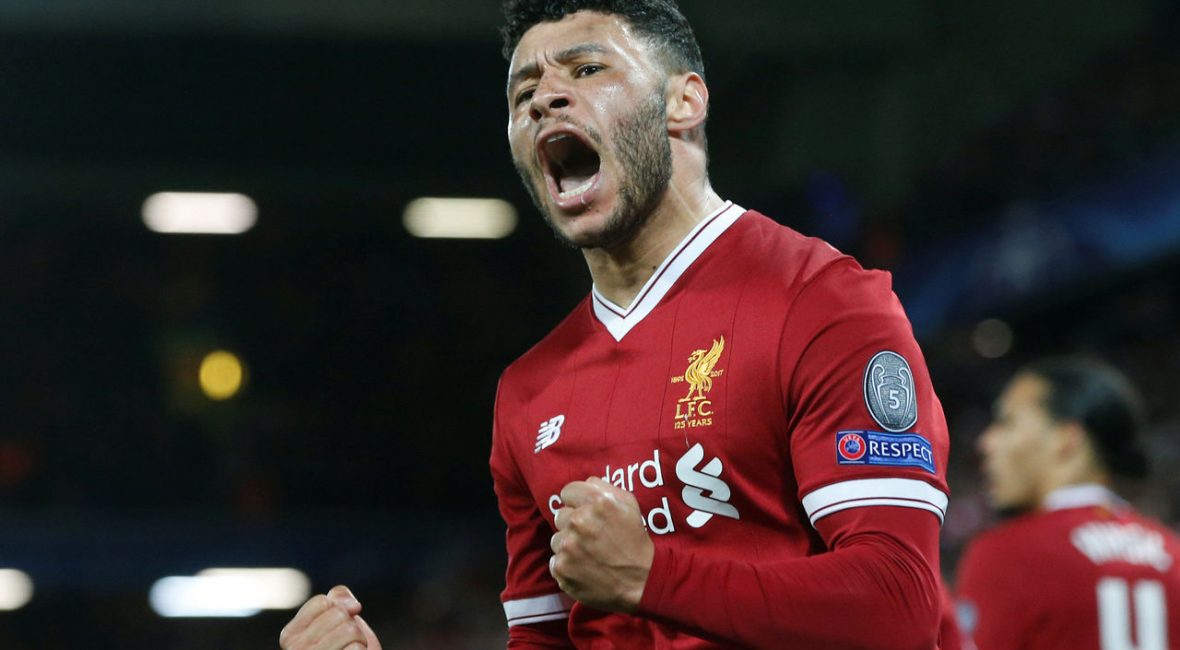-

Kevin SeifertNFL Nation
Close- ESPN.com national NFL writer
- ESPN.com NFC North reporter, 2008-2013
- Covered Vikings for Minneapolis Star Tribune, 1999-2008
AUSTIN, Texas — Quarterback Johnny Manziel played in a football game Saturday for the first time in 832 days, a modest step in his long road back to elite-level football.
Playing the equivalent of two quarters at a high school stadium in the Austin suburbs, Manziel threw one touchdown pass but was also sacked three times in what looked like the fourth quarter of an NFL preseason game. The outing followed nine days of practice among 170 players who paid a fee to participate in The Spring League, which bills itself as a developmental league that provides opportunities for players who are not on NFL rosters but hope to be.
Manziel completed his first seven passes and finished with nine completions in 15 attempts for 82 yards. He said he was frustrated with the sloppy nature of the game but made clear he was thrilled to have returned to the field.
“It’s disappointing, some of the things that happened,” he said, “but nevertheless, it’s a huge step for me. I put pads back on. A lot of people wrote me off just to even get to this point. I’m definitely emotional about it. I’m definitely happy about it. This isn’t the end goal for me, but I’m having fun again. I have a smile on my face.”
The league has one more set of games scheduled for April 12, after which Manziel hopes to receive interest from NFL teams. If not, he has said he likely will make a two-year commitment to play in the Canadian Football League.
“The message that I’m sending is showing up every day and going to meetings,” he said. “Being engaged in everything that is going on during practice and in the game. I can’t control what is going on [with NFL teams’ interests] and I don’t know what’s going on in NFL meetings. If that’s the case, if the NFL is something that pops up, cool. If not, I’m going to work until I get back there. We’ll see how things play out.”
Manziel’s CFL rights are owned by the Hamilton Tiger-Cats. Their general manager, Eric Tillman, was among the NFL and CFL representatives in attendance. A total of 17 NFL teams have sent scouts to practices, according to The Spring League CEO Brian Woods.
Manziel attended high school about two hours away in Kerrville, Texas, and most of the estimated 2,500 in attendance Saturday at Kelly Reeves Stadium appeared to be in support of their local hero. Manziel showed some glimpses of his playmaking ability, leaving the pocket twice for completions — including the touchdown — while also producing scrambles of 11 and 10 yards. The competition was inferior to what he would face either in the NFL or the CFL, but he gave scouts of both leagues an important check-in on his progress.
“You can get there only by working in this kind of environment,” said Terry Shea, a longtime NFL and college coach who is leading The Spring League’s football operations. “If he were back home throwing to his buddies against air, he wouldn’t get any of this, so from this standpoint, I would say he’s really grown here.
“I’ve never been around Johnny Manziel until this moment of time, but I see a very quick arm. I see very active eyes. He sees things, and those classic Johnny Manziel plays, particularly when he’s on the move, I’ve seen those come up here.”
Manziel last played in a game on Dec. 27, 2015, near the end of his second season with the Cleveland Browns. The Browns released him in March 2016, and he plunged into a two-year spiral of substance abuse that he often chronicled on social media. He was diagnosed with bipolar disorder and has been treated for depression.
NFL teams are opening their offseason programs this month. CFL training camps start May 16 for rookies, and the league’s regular season begins June 14.
Realistically, Manziel has about a month to decide whether to hold out for an NFL job or make a two-year commitment to the CFL. If it’s the latter, he wouldn’t be eligible to play in the NFL until November 2019 at the earliest.




















